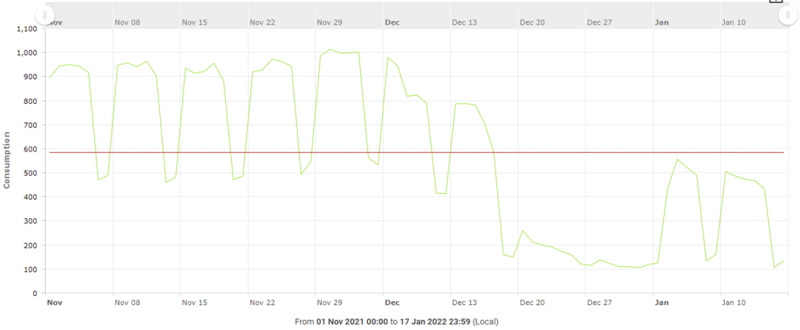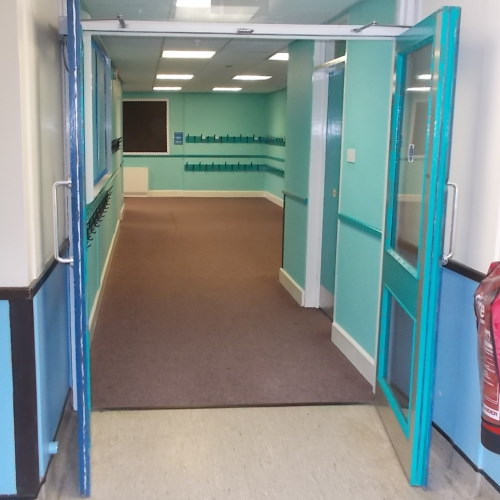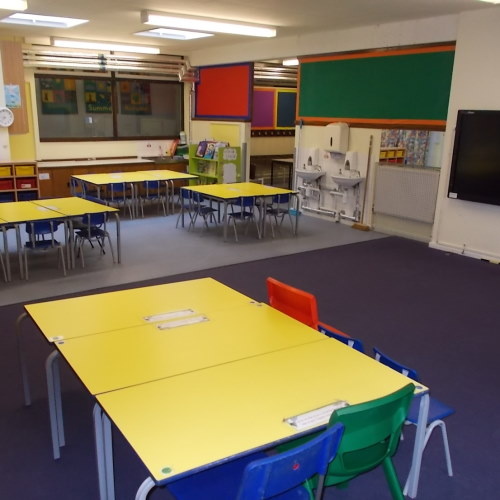How one academy trust approached their energy management
Background
In the second half of 2021 wholesale energy prices skyrocketed with an average electricity increase to this academy Trust’s academies of 113.85% (based on previous consumption) for the period 31/08/21-01/08/22, at an additional cost of £2.272m across the entire Trust. Wholesale gas prices have increased by c.400%, however, the trust had secured contract rates are until August 2022 and therefore a much smaller regulatory uplift has been applied for the period up to August 2022, at a cost of c.£55k across the Trust.
Response
To mitigate the impact on academies, the Trust selected one of its academies to act as a pilot site and undertake a series of actions with the intention of reducing both operational and base line consumption. Operational consumption is classed as day-to-day use including lighting, PCs, projectors, air conditioning, boilers. Base-line consumption is classed as overnight and 24/7 usage such as server rooms, fridges, CCTV.
The Facilities Manager at the academy acted as Energy Champion and worked with the Trust’s Regional Estates Manager, in implementing actions.
This initial study focuses on electricity data, however, measures to reduce gas consumption were also implemented.
Outcome
During the 30 days of November 2021 the pilot academy consumed a daily range of between 900 and 1,000 units of electricity. Using the mitigation methods contained within the Energy Reduction Checklist, consumption decreased in January 2022 to a daily range of between 450 and 550 units, approximately 50%.
For the pilot academy a 50% consumption reduction will result in an annual electricity cost saving of approximately £21,000.

As a result of the energy saving audit the pilot academy was selected for an upgrade of all light fittings to LED. This work took place during summer 2022 and it is anticipated a further saving of 20% will be achieved on their overall electricity consumption.
LED Lighting Upgrade




Key Findings
- Whole school engagement is crucial in maximizing outcomes.
- Appointing an Energy Champion to drive actions is key to success.
- The pilot academy found some mechanical items running when they should not. A full check of operation against control settings is essential.
- Lighting is one of the largest consumers of electricity. Turning on lights only as needed in the morning and classrooms off when not in use was a major contributing factor.

Download
Example Energy Reduction Checklist

About The Trust Network
Established in 2014, The Trust Network is an independently run peer network, dedicated to good school estates management. We are managed by our members and for our members and share best practice and knowledge through regular events and webinars. We provide a single voice to discuss issues at a national level with the DofE and other national agencies.
Members will receive TTN News and Updates via our regular newsletters, opportunities to network and access to free resources, events and webinars. Not a member yet? Join The Trust Network today!
